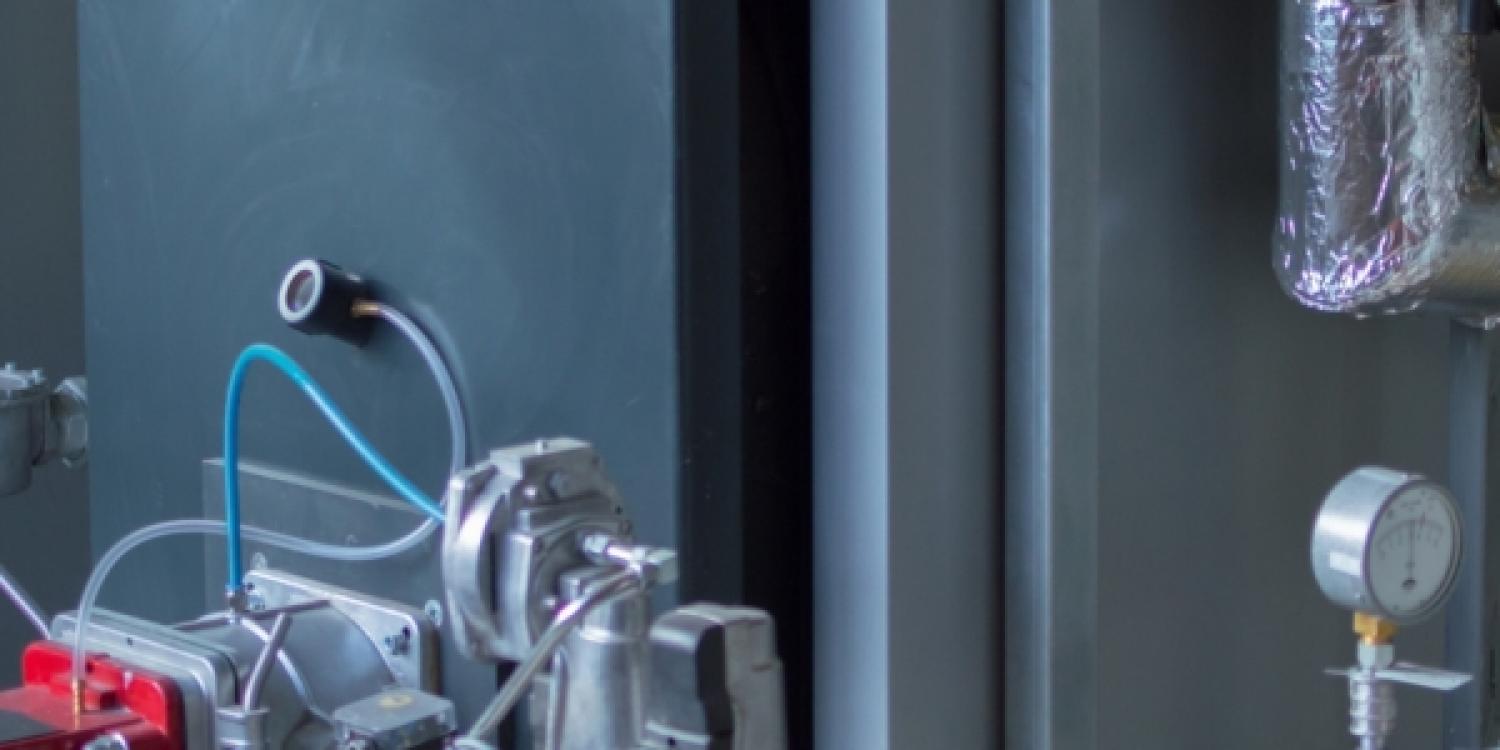Food-processing company achieves dramatic energy savings

Information
Comprehensive environmental gains
- Natural gas consumption reduced by 491 802 m3 per year
- Reduced electricity consumption by 1 030.4 MWh per year
- CO2 emissions down by 2 411.28 tonnes annually
Following a comprehensive environmental review, a medium-sized grain processing company in Southeast Europe carried out a series of changes to optimise its energy, production and waste processes. Measures explored included heat recovery, renewable energy options, waste material use and how these changes could lead to new products.
Steps taken included the replacement of equipment and parts as well as process changes. For example, they insulated valves to retain heat, introduced grain-cooling technology, replaced two inefficient boilers, refurbished a reactive energy compensation unit, installed solar energy panels, and a grain drier that uses a soy straw byproduct. Process and product changes included protocols to reduce product line changes and the introduction of a dried apple chips line as well as one for agro-pellets. Management also renegotiated the power contract in view of the company's changed energy profile and increased used of renewables.
Key benefits
The measures resulted in dramatic energy savings and reduced CO2 emissions, but also the creation of new products with positive environmental credentials. The top-line results achieved included:
- Reduced annual natural gas consumption by 491 802 m3
- Reduced annual electricity consumption by 1 030.4 MWh
- Generation of 3 171.76 MWh of renewable energy per year
- Reduced yearly CO2 emissions by 2 411.28 t
- Reduced insecticide use of 490 l
- Reduced annual waste by 412.55 t
- Reduced wastewater by 887 m3 per year
Second RECPnet KMS EECCA Regional Newsletter. 23 March 2016. page 6. http://eecca.recpnet.org/uploads/resource/51a2f7f1b3af145978d87063107e3…